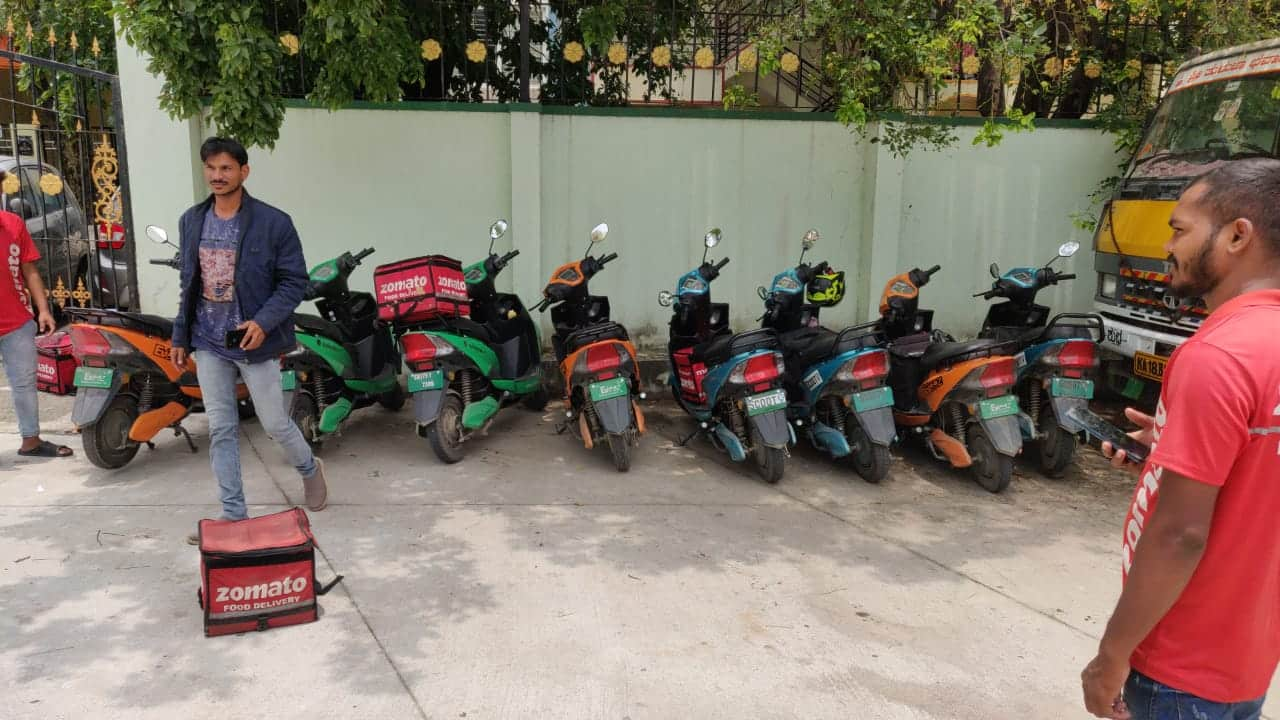Karnataka to Lead Asia in Clean Mobility with Innovative Policy
Key Ideas
- Karnataka's new Clean Mobility Policy aims to attract significant investments, create jobs, and position the state as a clean mobility hub in Asia by 2030.
- The policy focuses on incentivizing clean mobility vehicle manufacturing, infrastructure development including charging and hydrogen stations, and fostering collaborations.
- Three clean mobility clusters have been identified to support research, development, and large-scale manufacturing activities, offering incentives for various stakeholders.
- In addition to financial support and incentives for manufacturers and MSMEs, the policy prioritizes environmental sustainability, R&D investments, and industry-academia partnerships.
Karnataka, a pioneer in EV policies in India, is now set to unveil its Clean Mobility Policy during the Invest Karnataka event. The primary aim of this policy is to position Karnataka as Asia's leading clean mobility hub by 2030, attracting substantial investments and generating employment opportunities. The policy emphasizes the establishment of a sustainable clean mobility ecosystem through incentives, cluster development, and infrastructure expansion. Special focus is laid on fostering innovation, developing charging and hydrogen stations, and promoting collaborations between industry, academia, and startups.
To drive investment in manufacturing clean mobility vehicles and related components, the government plans to provide special incentives. This includes support for battery production, electric motors, power electronics, and energy storage solutions. The policy also aims to accelerate clean mobility adoption by developing a robust charging and hydrogen infrastructure network throughout the state. Three clean mobility clusters have been identified to facilitate research, development, and manufacturing, offering various incentives for stakeholders.
In terms of financial support, the policy offers capital subsidies for MSMEs and larger enterprises, exemptions on stamp duty and land conversion fees, and special subsidies for effluent treatment plants to promote environmental sustainability. The state government will also prioritize power supply for clean mobility clusters and install fast-charging and swapping stations at key locations.
Furthermore, the policy includes incentives for infrastructure expansion, such as subsidies for fast-charging and battery-swapping stations, especially for two-wheelers, three-wheelers, cars, and buses. Hydrogen stations will also receive support with a capital subsidy. To strengthen the sector, common testing and certification facilities will be established, and partnerships with international universities for knowledge transfer will be facilitated.
Overall, the Karnataka Clean Mobility Policy focuses on creating a conducive environment for clean mobility development, manufacturing, and innovation, while also emphasizing sustainability, research, and skill development in the sector.
Topics
Fuel Cells
Renewable Energy
Innovation
Sustainability
Investment
Job Creation
Manufacturing
Infrastructure Development
Industry-academia Collaboration
Latest News
